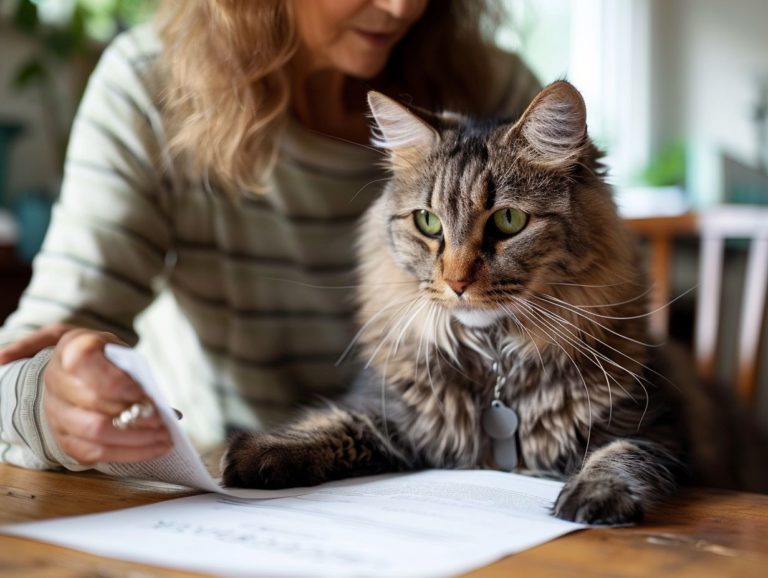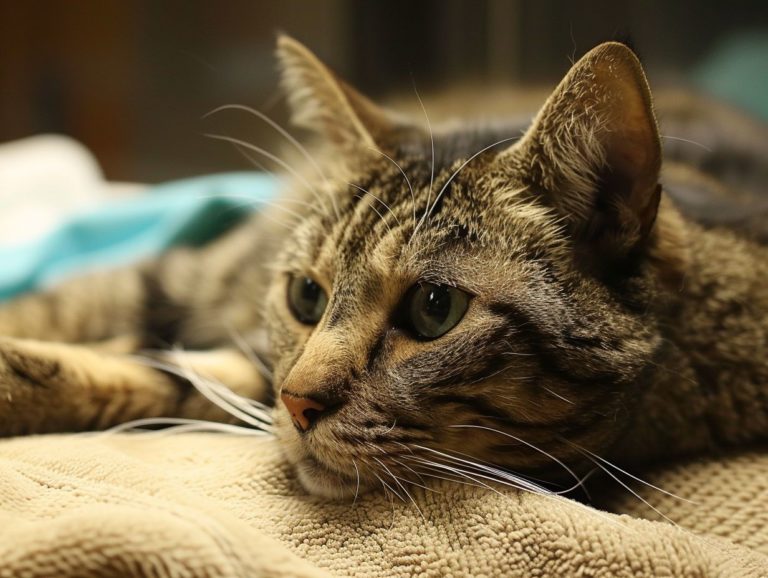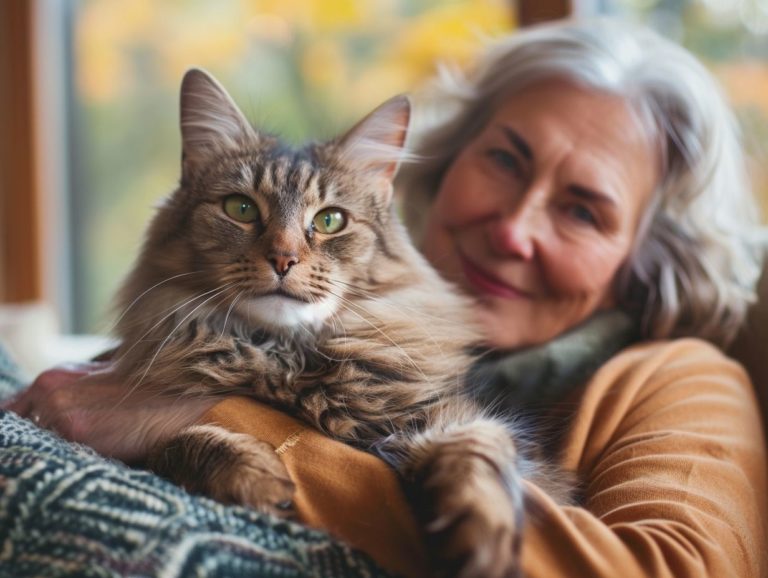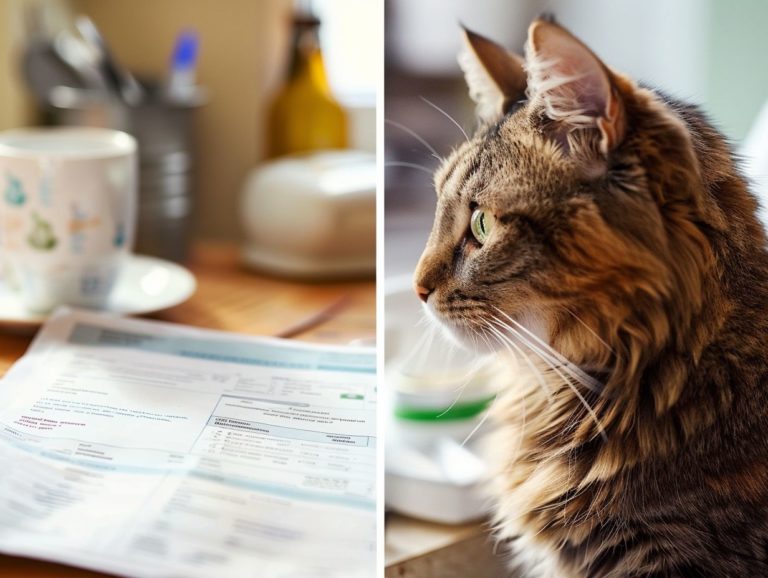Understanding Preexisting Conditions In Senior Cat Insurance Plans
The impact of pre-existing conditions on the health and quality of life of senior cats is more significant compared to younger cats. This is because chronic diseases are more likely to have advanced noticeably by the time a cat reaches senior age.
The more advanced the progression of a chronic illness, the more challenging it becomes to manage, emphasizing the importance of proper diagnosis, treatment, and monitoring for the well-being and quality of life of the animal. This is particularly crucial in the case of most cancers, which are more prevalent in older animals. Early detection and treatment of cancers lead to better prognoses and longer periods of high-quality life for the animal.
Key Takeaways:
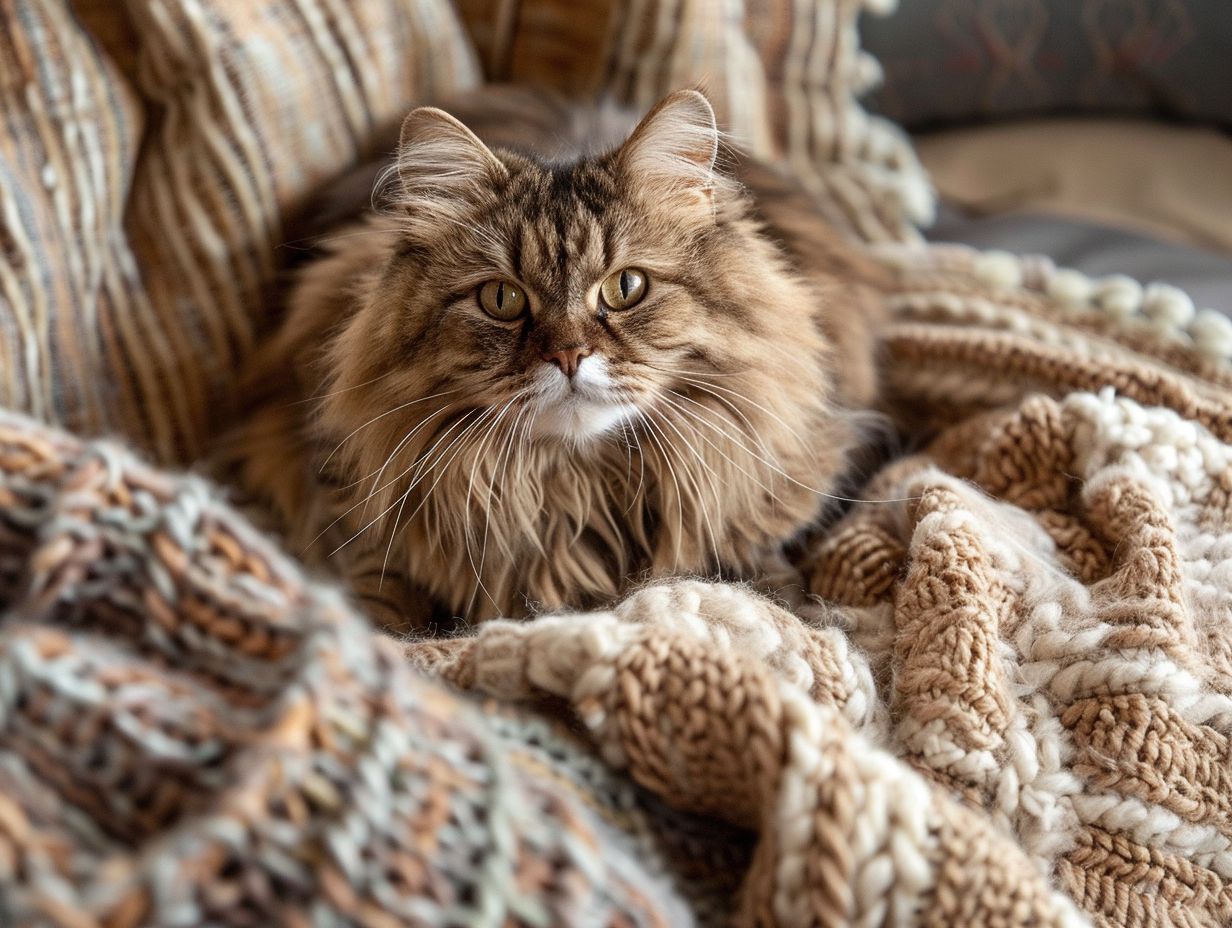
What are Pre-Existing Conditions?
Understanding pet insurance coverage for pre-existing conditions is crucial when selecting insurance for your pet. Pre-existing conditions refer to any health issues your pet has displayed symptoms of before the effective date of the insurance policy. These conditions can range from chronic diseases like diabetes, arthritis, or allergies to more acute issues such as infections or injuries.
Typically, pet insurance companies do not cover pre-existing conditions because they are considered known risks. Therefore, expenses related to treatment, medication, or surgery for these conditions will not be reimbursed by the insurance provider. A comprehensive review of the policy terms and exclusions is necessary to grasp how pre-existing conditions impact coverage and premiums.
Definition and Examples
Pre-existing conditions in pet insurance refer to any ailments or injuries that a pet has before the policy takes effect. These can include chronic conditions (such as diabetes, arthritis) and acute conditions (such as broken bones, infections). Common pre-existing chronic conditions in pets are kidney disease, cancer, and heart conditions. For instance, a pre-existing heart murmur may influence coverage decisions by a pet insurance provider.
Common pre-existing acute injuries in pets could include a torn ligament from playing or an allergic reaction to a bee sting. It is crucial for pet owners to understand how pet insurance companies define pre-existing conditions in order to make informed decisions about their pet’s insurance coverage.
Importance of Pre-Existing Conditions in Senior Cat Insurance
Pre-existing conditions have a significant impact on senior cat insurance, as older cats are more likely to have pre-existing conditions that can influence their insurance coverage and premiums. This requires pet owners to be able to identify these conditions in order to make well-informed decisions.
Navigating preexisting conditions can restrict coverage options for senior cats, as insurance providers may exclude certain conditions or treatments from their policies. Pet owners must comprehend the policy they are considering and ensure it aligns with their needs, especially if they have a senior cat with pre-existing conditions.
Additionally, pre-existing conditions can result in higher premiums for feline health plans for senior cats special considerations, as insurance companies adjust prices to account for the heightened risk associated with older animals that often have health issues. This is particularly evident with cats, as premiums for senior cat insurance are typically higher than those for dogs.
Managing the health of senior cats with pre-existing conditions requires regular veterinary check-ups, specialized care, and ongoing treatments.
Why They Affect Coverage and Premiums
Insurance coverage for senior cats is impacted by pre-existing conditions, leading to limitations on coverage and increased premiums. Insurance companies take into account the higher risk associated with pre-existing conditions, which may result in reduced coverage or raised premiums to compensate for treatment costs.
Plus age-related conditions common in senior cats, pre-existing conditions can significantly impact insurance coverage for these animals. These conditions are seen as posing a risk, potentially requiring frequent vet visits, specialized treatments, or emergency care, all of which can increase the financial burden on the insurer. Consequently, insurers carefully assess pre-existing conditions when determining coverage levels to strike a balance between necessary care and financial risk.
Common Pre-Existing Conditions in Senior Cats
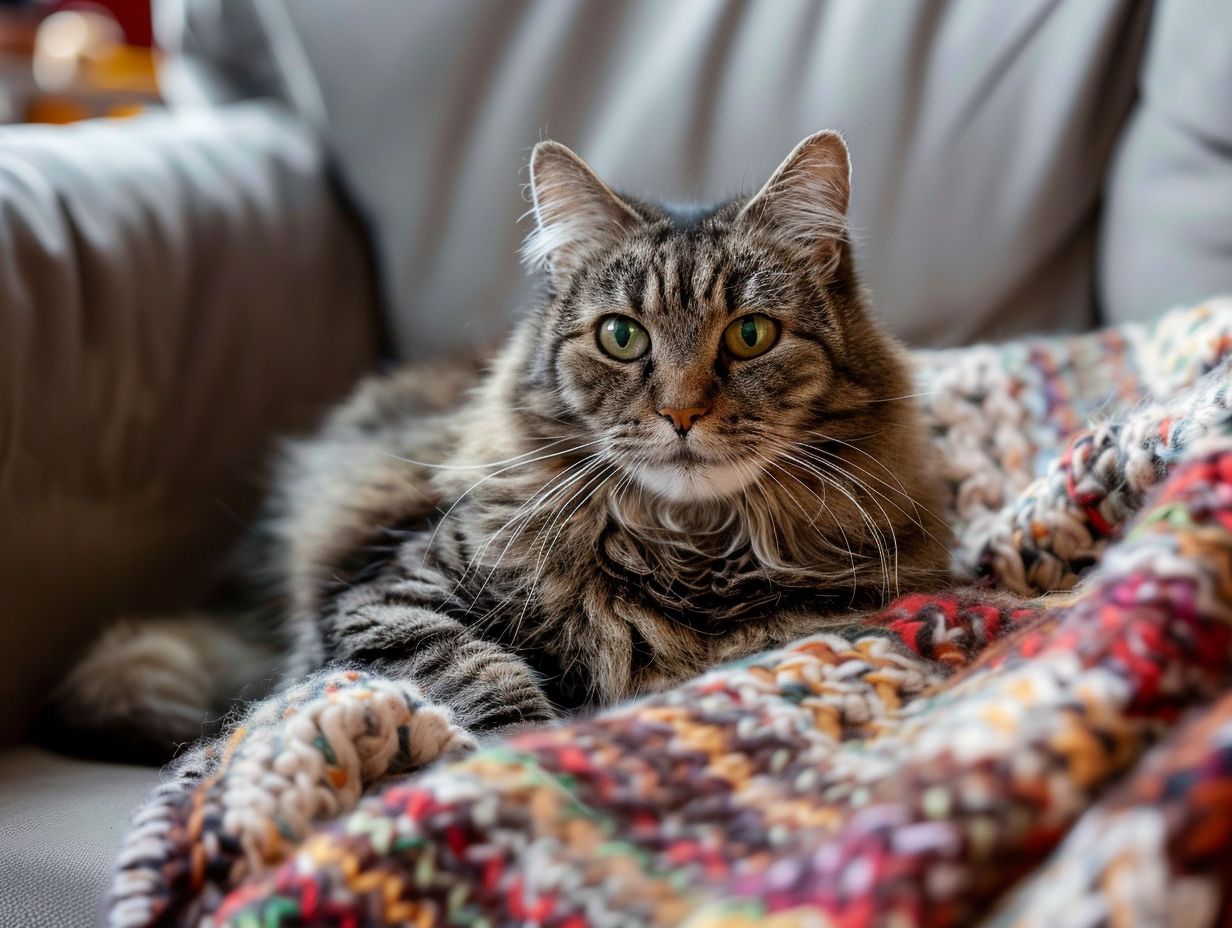
Common pre-existing conditions in senior cats include arthritis, dental issues, kidney disease, hyperthyroidism, and diabetes. It is important to recognize and identify the underlying symptoms of these conditions for early intervention and management.
Arthritis in senior cats manifests as reduced mobility, stiffness, reluctance to jump or climb, and irritability. Dental issues are indicated by bad breath, drooling, difficulty eating, changes in appetite, and weight loss.
Symptoms of kidney disease in senior cats include increased thirst, weight loss, poor appetite, poor grooming, lethargy, vomiting, and changes in urination habits. Hyperthyroidism is characterized by weight loss, increased appetite, restlessness, irritability, vomiting, and diarrhea.
Diabetes is recognized by increased thirst, increased urination, weight loss, poor appetite, lethargy, and muscle weakness. Regular veterinary check-ups are essential for diagnosing and managing these conditions to ensure the overall health and longevity of senior cats.
Health Issues to Watch Out for
Common health issues for senior cats include arthritis, dental problems, kidney issues, and hyperthyroidism. These are the most prevalent health concerns, and early detection and appropriate treatment can enhance your cat’s quality of life.
Arthritis is a common condition in senior cats that can cause discomfort and restrict mobility. Pain reduction can be achieved through medications, joint supplements, and low-impact exercises. Dental problems in senior cats, such as tartar buildup and periodontal disease, can lead to pain, infection, and eating difficulties. Regular dental cleanings and toothbrushing can help prevent these issues.
Kidney problems, including chronic kidney disease, are more common in older cats. Managing this disease involves a proper diet and ensuring adequate water intake for your cat. Hyperthyroidism, an overactive thyroid gland in cats, may necessitate medications or even surgery for correction. Regular veterinary check-ups are crucial for early detection and treatment of these common health issues.
Coverage for Pre-Existing Conditions in Senior Cat Insurance
Coverage for pre-existing conditions in senior cat insurance varies depending on the insurance provider and policy. Some insurers may offer coverage for certain conditions with specific limits, while others may not cover pre-existing conditions at all. Pet owners should carefully review the policy to understand the details.
Understanding the specifics of pre-existing condition coverage is crucial for those looking to insure their senior cats. It is important to note that the rules and restrictions related to pre-existing conditions can differ between insurance providers. Some policies may cover specific conditions after a waiting period, while others may exclude all conditions that existed before the insurance policy’s start date.
Understanding the policy’s inclusions and exclusions regarding pre-existing conditions will help cat owners make informed decisions about their senior cat’s health insurance.
What is Covered and What is Not
In senior cat insurance, coverage for pre-existing conditions may include curable conditions after a waiting period, while incurable conditions are typically not covered. It is important to be aware of waiting periods for coverage and limitations on covered conditions outlined in your specific policy.
During the waiting period, which can vary by insurer, any treatment or diagnostics related to a pre-existing condition may not be covered. Coverage limitations may include caps on reimbursement amounts or specific exclusions for certain conditions.
It is advisable to carefully review your policy to ascertain which pre-existing conditions are covered and which are not. Understanding the distinction between curable and incurable conditions is crucial, as the treatability of a condition can impact its coverage eligibility.
How to Find the Right Insurance Plan for Your Senior Cat
When selecting the best insurance for a senior cat, the process involves comparing the policy details of different plans from various companies. This comparison includes aspects such as coverage, exclusions, premiums, and customer service. The ideal insurance for a senior cat is the one that best aligns with the specific medical needs of the cat.
The most crucial factor to consider when comparing insurance for a senior cat is the coverage provided by different policies. This coverage encompasses a wide range of medical services, including regular check-ups, vaccinations, and treatments for common health conditions in senior cats.
Another important aspect to pay close attention to when comparing policies is the list of exclusions. Understanding what is not covered can help in evaluating whether potential health issues in a senior cat are adequately addressed by a specific insurance policy.
Additionally, reading customer reviews can offer insights into the overall satisfaction level and experiences of other pet owners with a particular pet insurance provider. However, the primary determining factor should always be the specific medical needs of the insured cat.
Considerations for Pre-Existing Conditions
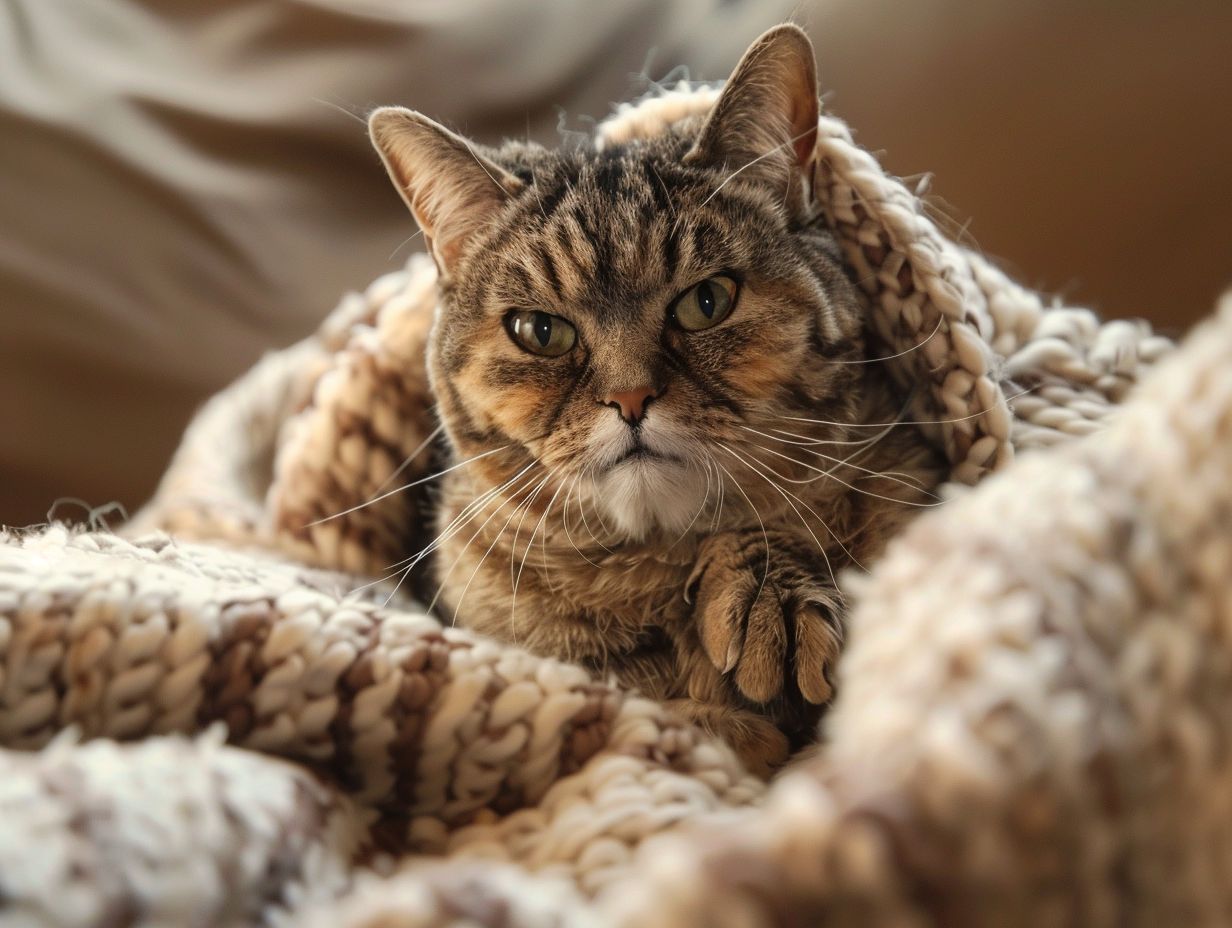
When considering insurance plans for senior cats with pre-existing conditions, some of the best options to explore are understanding the fine print of senior cat insurance policies, Embrace, ASPCA, Spot, Figo, and Pets Best. To determine the most suitable choice for your senior cat, it is important to assess the insurance policies, coverage options, and customer feedback provided by each insurer.
Review the specific policy features offered by each provider, focusing on whether they include specialized coverage for pre-existing conditions such as medications, treatments, and associated issues. Factors to consider include deductible amounts, reimbursement percentages, annual benefit limits, and waiting periods.
Reputable insurance companies often offer customizable plans tailored to meet the unique needs of your cat and your financial considerations. Additionally, it is essential to evaluate the claim process, customer service reputation, and financial stability of the insurance provider to ensure a smooth and user-friendly experience in managing your senior cat’s healthcare expenses.
Tips for Managing Pre-Existing Conditions in Senior Cats
Managing pre-existing conditions in senior cats involves regular veterinary care, timely treatment, adherence to medication, and a healthy lifestyle. By closely monitoring symptoms and following treatment plans, pet owners can help control and improve their cat’s quality of life.
Incorporating dietary modifications tailored to their pet’s specific needs can be crucial in managing their condition. Ensuring a stress-free environment, offering regular mental and physical stimulation, and providing a comfortable resting area are also beneficial for the overall health of senior cats.
Regular check-ups with the veterinarian for health assessments and necessary adjustments to treatment protocols are essential for managing chronic conditions in aging cats.
Ways to Improve Health and Quality of Life
Improving the health and quality of life for senior cats with pre-existing conditions involves the necessity of regular veterinary visits, a balanced diet, proper medication administration, and a relaxed and enriched home environment. These proactive measures are essential for managing your cat’s health.
Regular veterinarian exams and checkups are crucial for senior cats to monitor their condition and adjust treatment plans accordingly. In terms of dietary considerations, senior cat food specifically formulated for their age and enriched with appropriate nutrients should be chosen.
Strict adherence to the veterinarian’s instructions is important when administering medications to ensure the correct dosage is given at the right times. Creating a relaxed and enriched environment for your senior cat can help reduce stress and anxiety, providing a warm and comfortable sleeping area along with interactive toys for mental stimulation.
Frequently Asked Questions
What are pre-existing conditions in senior cat insurance plans?
Pre-existing conditions refer to any health issues or medical conditions that your senior cat had prior to enrolling in an insurance plan. These conditions are not covered under most insurance plans and may require additional coverage or exclusions.
Why do insurance plans exclude pre-existing conditions in senior cats?
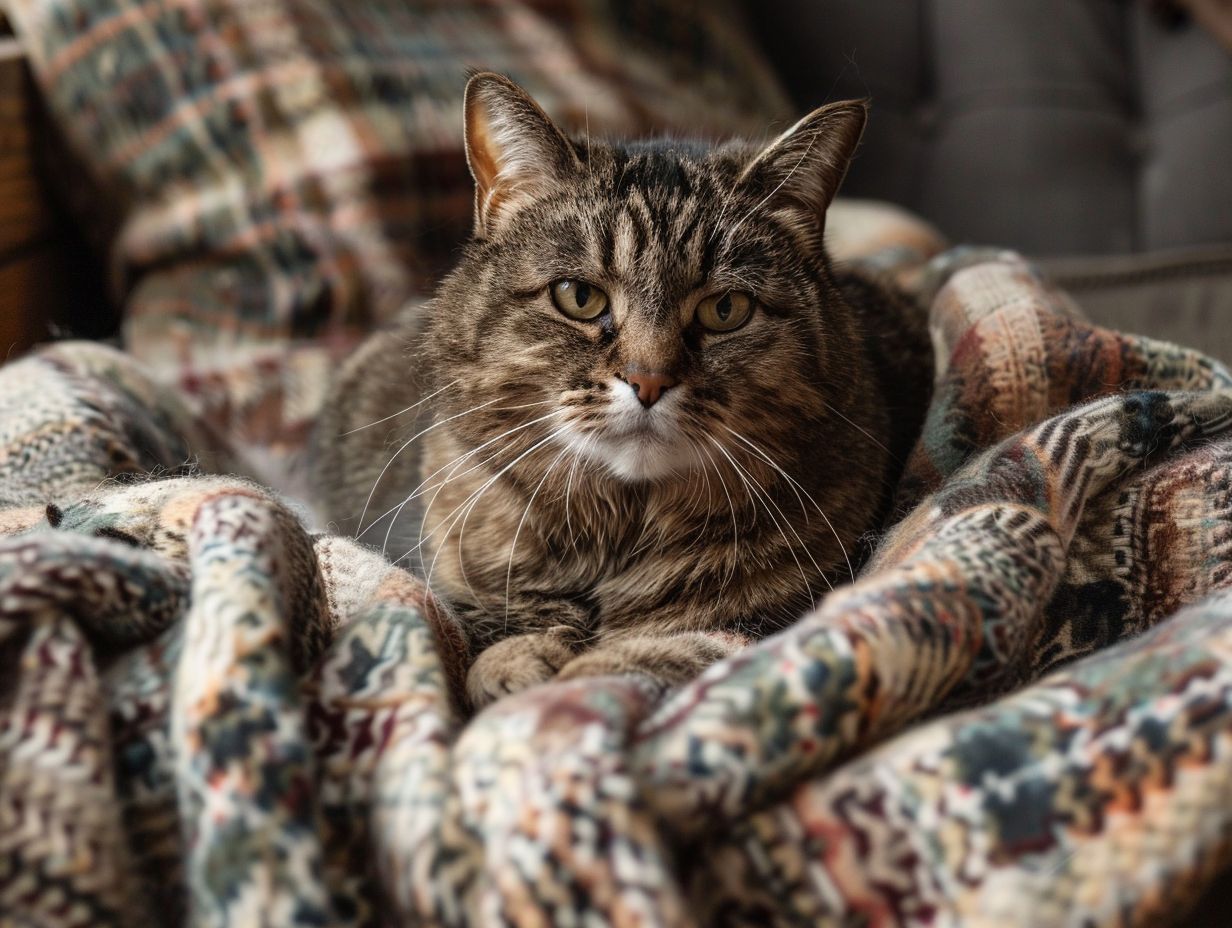
Insurance companies often exclude pre-existing conditions in senior cats because these conditions are considered high-risk and may lead to expensive medical treatments. By excluding them, insurance companies can offer more affordable plans to pet owners.
Is it possible to find insurance plans that cover pre-existing conditions in senior cats?
While most insurance plans do not cover pre-existing conditions in senior cats, some companies may offer coverage for specific conditions. It’s important to research and compare different insurance plans to find one that meets your senior cat’s needs.
What should I do if my senior cat has a pre-existing condition?
If your senior cat has a pre-existing condition, it’s important to disclose this information to the insurance company when enrolling in a plan. They may offer a higher premium or exclusion for that specific condition, but make sure to carefully review the policy to ensure it meets your needs.
Can pre-existing conditions be covered under senior cat insurance plans in the future?
In most cases, pre-existing conditions cannot be covered under insurance plans in the future. However, some plans may offer limited coverage for certain conditions after a waiting period or with additional fees. It’s important to carefully review the policy to fully understand its coverage.
How can I prevent pre-existing conditions in my senior cat?
While some health issues are out of our control, there are steps you can take to prevent pre-existing conditions in your senior cat. This includes regular vet check-ups, maintaining a healthy diet and exercise routine, and addressing any health concerns promptly.

